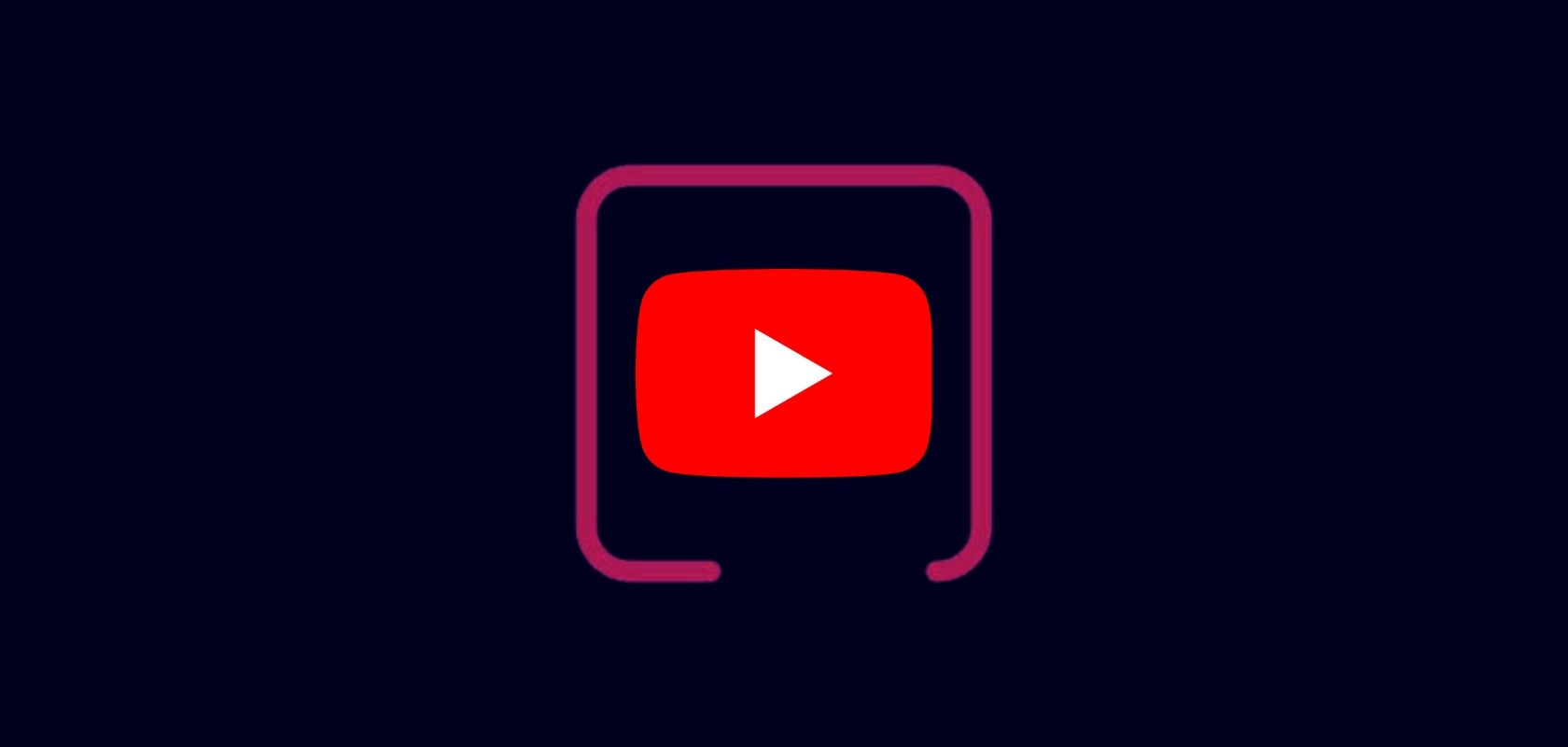Regardless of the amount of money changing hands – YouTube appears to be no more than the digital Wild West for creators, whose status on the platform is not protected by any contract other than the Google video platform’s Terms of Service (ToS) agreement.
In other words – the creators’ status is not protected.
So when YouTube decides, for whatever reason – a creator and their content can easily be gone, with not much legal recourse available to fight back, either.
Or, in the words of a US judge – YouTube’s ToS “vested YouTube with significant control of its service, including the ability to remove uploaded content.”
That’s something to consider before making the platform your primary source of income, like DJ Short E said he did, in his now-dismissed lawsuit against the tech giant.
The YouTuber – real name Erik Mishiyev – sued Google last year for removing his channel. But a California judge has now ruled to dismiss that lawsuit.
The DJ, the ruling said, had over 110 million views and 250,000 subscribers to his two channels, and was able to make over $300,000 between 2012 and 2018, thanks to YouTube’s Adsense scheme.
But all this came to an end in 2019, when YouTube terminated Mishiyev’s channel and removed all his videos, saying the reason was “repeated copyright violations.”
However, in his lawsuit, Mishiyev said the real reason was retaliation by the giant, in the wake of his stated and known to YouTube intention to sue them for suppressing his content from surfacing to his subscribers.
The judge did not agree, however. Moreover, the ruling “clarified” one point from the US DMCA copyright law’s rules concerning counternotices (filed against allegations of copyright infringement).
“If a counternotice is received by the copyright agent, YouTube may send a copy of the counternotice to the original complaining party informing that person that it may replace the removed content, or cease disabling it in 10 business days,” says YouTube’s ToS.
And adds:
“Unless the copyright owner files an action seeking a court order against the content provider (…) the removed content may be replaced, or access to it restored in 10 to 14 business days or more after receipt of the counternotice, at YouTube’s sole discretion.”
Strong emphasis here, on the many “may’s.”
And also, on the power of YouTube’s “sole discretion.”
And if anybody wonders why Mishiyev said he would sue YouTube in the first place – which then set in motion the removal of his channel – and then the lawsuit over that matter, which the California judge has decided to dismiss – it was YouTube’s practice of “not distributing videos to his subscribers.”
In other words, YouTube was accused of purposefully downgrading and suppressing content, even from a channel’s own subscribers.
Read the decision here.
Mishiyev is appealing the decision.










